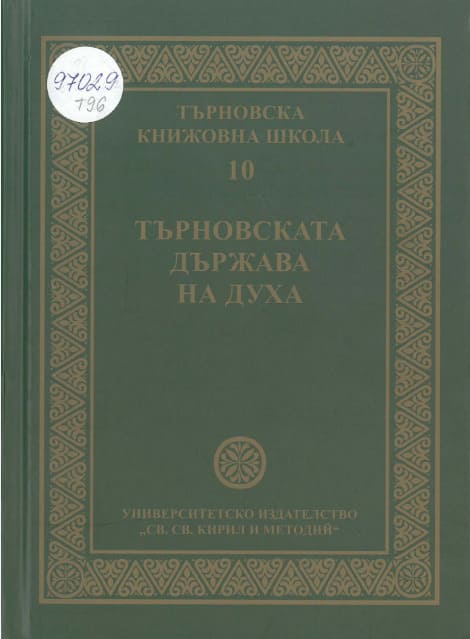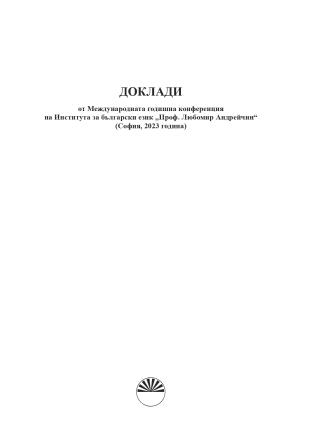Author(s): Iliyana Garavalova / Language(s): Slovak,English,Bulgarian,Romanian,French,Croatian,Russian,Czech,Polish,Slovenian,German,Serbian,Old Slavonic,Norwegian,Old Bulgarian
Publication Year: 0
The article is the result of the study on the upcoming linguo-geographic description of the names for the domestic cat, Felis domestica, in the European Linguistic Atlas, which was assigned to the Bulgarian Linguistic Commission. The aim of this scientific work is to present the variety of compound words and word combinations with the semantics of ʻcatʼ characteristic of the European languages and their dialects, in order to highlight some interesting trends shared not only by closely related but also by unrelated languages. I present a classification of the analyzed type of names, which is the result of tracing the semantic basis of their origin, as well as the etymology of the words and an analysis of their formal paradigms. In addition, parallels are drawn between the names for a cat and other objects from reality
More...


